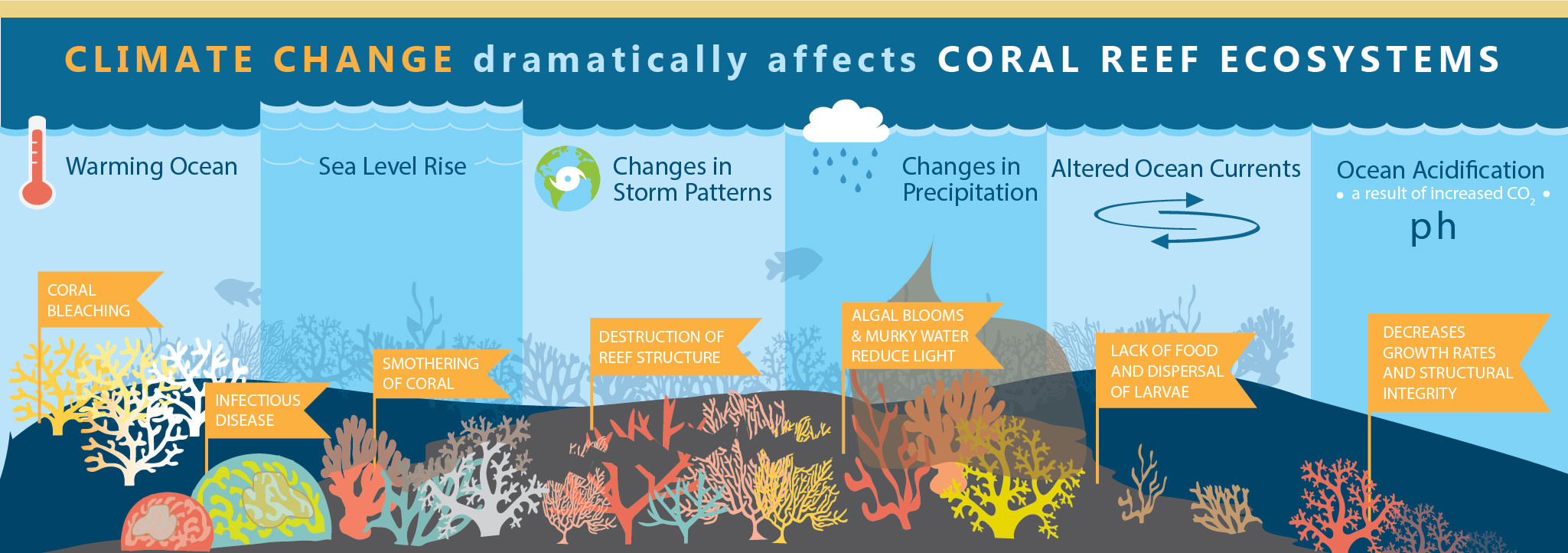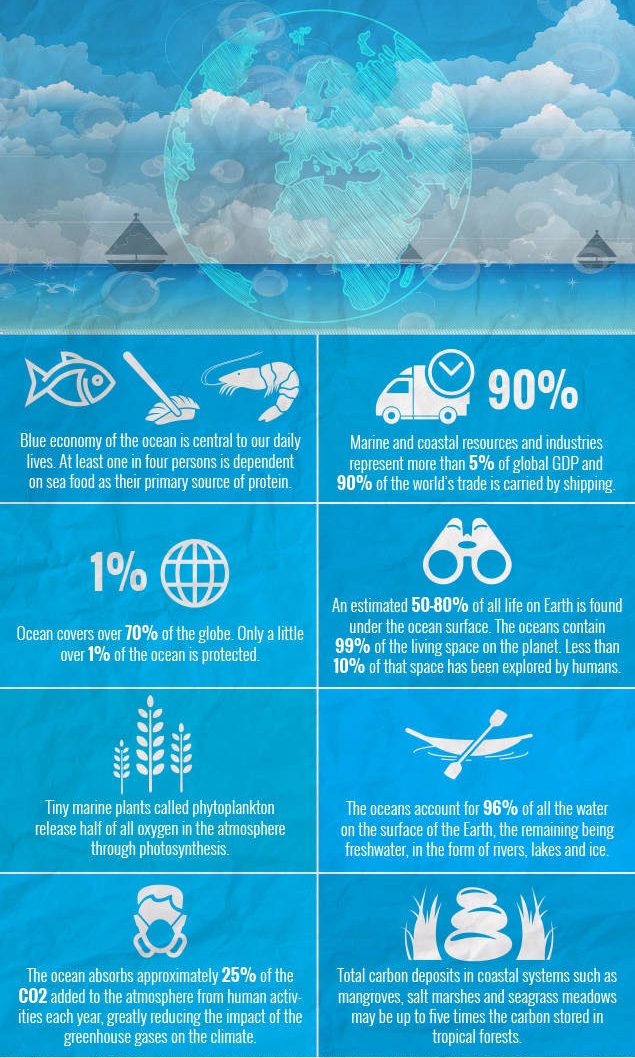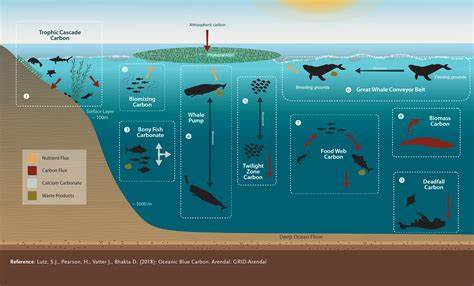
Introduction
The concept of climate change adaptation is crucial in today’s world, as the impacts of climate change pose significant challenges for coastal areas. Coastal protection plays a vital role in mitigating these challenges and ensuring the resilience of coastal communities. One potential solution that holds promise is ocean energy. This article will delve into the relevance of ocean energy in coastal protection and explore its potential applications.
Historical Background
To understand the importance of coastal protection, it is essential to acknowledge the historical context of climate change and its impact on coastal areas. Over the years, rising sea levels, increased storm intensity, and coastal erosion have threatened these vulnerable regions. Past initiatives and efforts have been made to address these challenges, but the urgency to find effective solutions remains.
Key Concepts and Definitions
Climate change adaptation refers to the process of adjusting to the changing climate conditions to reduce vulnerability and enhance resilience. In the context of coastal protection, it involves implementing measures to mitigate the adverse impacts of climate change on coastal areas. Ocean energy refers to the harnessing of renewable energy from the ocean, such as tidal, wave, and thermal energy. It has the potential to play a significant role in mitigating the effects of climate change on coastal areas.

Main Discussion Points
Point:The Potential of Ocean Energy in Coastal Protection
Ocean energy encompasses various forms, including tidal energy, wave energy, and thermal energy. These energy sources can be harnessed to reduce coastal erosion and flooding. For example, tidal energy systems can generate electricity while also acting as barrier structures to protect coastlines. Wave energy devices can absorb the energy of waves, reducing their impact on vulnerable coastal areas. Specific ocean energy projects, such as the Swansea Bay Tidal Lagoon in the UK, have demonstrated the effectiveness of this technology in coastal protection.
Point: Benefits and Challenges of Ocean Energy for Coastal Protection
One of the significant advantages of ocean energy is its renewable nature, as it relies on natural phenomena such as tides and waves. Moreover, ocean energy technologies have minimal environmental impact compared to traditional energy sources. However, challenges exist, including high initial costs and technological constraints. Integration with other adaptation strategies is crucial to ensure comprehensive coastal protection.
Point: Policy and Regulatory Considerations for Integrating Ocean Energy in Coastal Protection
Existing policies and regulations govern the implementation of ocean energy projects in coastal areas. However, supportive policies and financial incentives are necessary to promote the adoption of ocean energy solutions. Conflicts or trade-offs between ocean energy development and environmental conservation efforts need to be addressed through careful planning and stakeholder engagement.
Case Studies or Examples
Real-world examples and case studies provide valuable insights into the successful implementation of ocean energy projects for coastal protection. Projects like the MeyGen Tidal Energy Project in Scotland have demonstrated the potential benefits of ocean energy in terms of enhancing coastal resilience and adaptation.

Current Trends or Developments
Ongoing research and technological advancements are continuously improving the effectiveness of ocean energy in addressing coastal vulnerability. Pilot initiatives and projects are being implemented worldwide to showcase the potential of ocean energy in coastal protection strategies.
Challenges or Controversies
While ocean energy holds promise for coastal protection, controversies and debates surround its use. Public perception, stakeholder engagement, and infrastructure requirements can pose significant challenges. Addressing these concerns is essential for the successful integration of ocean energy in coastal protection.

Future Outlook
The future implications of integrating ocean energy in coastal protection strategies are promising. Continued innovation and research will enhance the effectiveness and efficiency of ocean energy technologies, contributing to the resilience of coastal areas.
Conclusion
Climate change adaptation and coastal protection are essential in the face of climate change. Ocean energy offers a potential solution to mitigate the impacts on coastal areas. By harnessing renewable energy from the ocean, coastal communities can enhance their resilience and adapt to the changing climate conditions.




